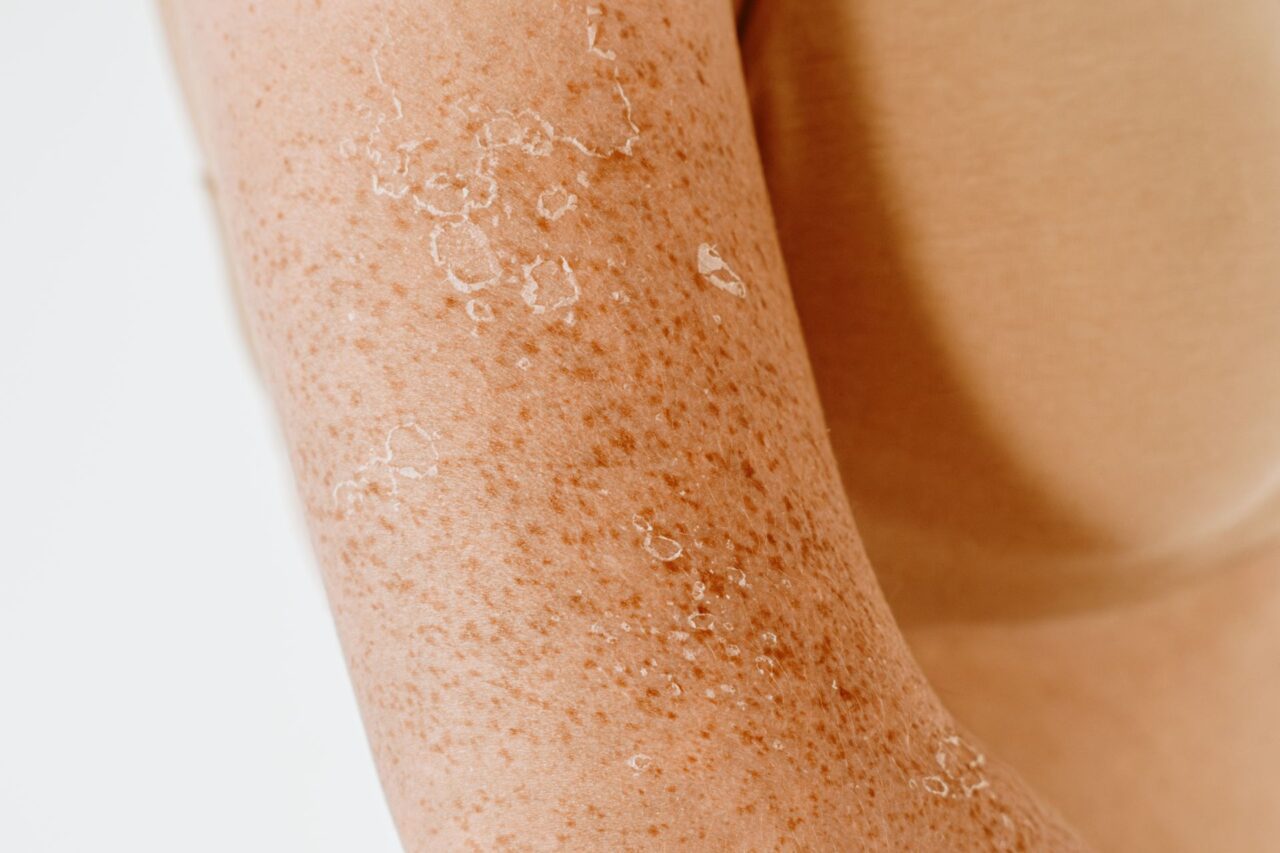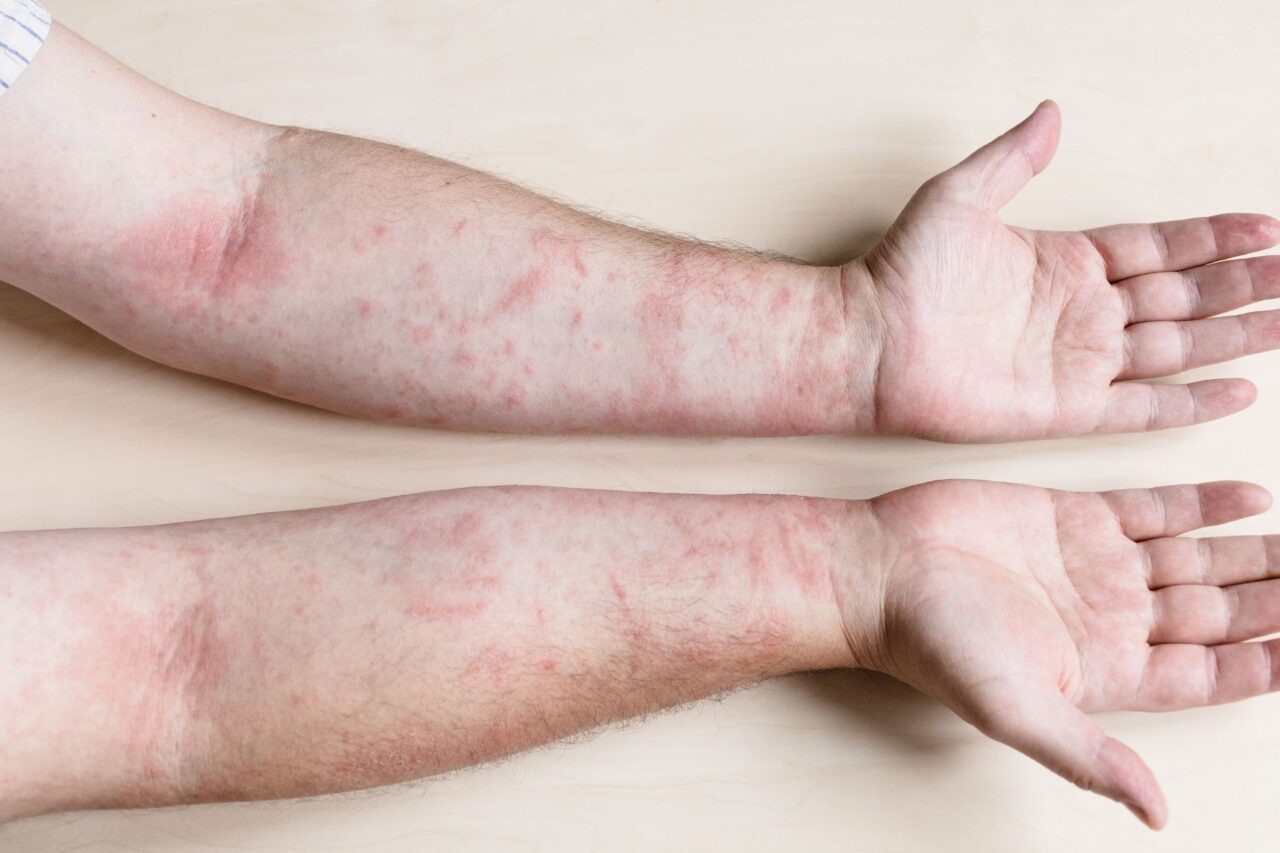Introduction
Welcome to our in-depth guide on Spotting Dowling-Degos Disease: A Symptom Guide. If you or someone you know is dealing with this skin condition, you’ve come to the right place. In this article, we will delve into the various aspects of Dowling-Degos Disease, shedding light on its symptoms, causes, and much more.
Understanding Dowling-Degos Disease
Dowling-Degos Disease, often abbreviated as DDD, is a rare skin disorder that affects people of all ages and backgrounds. While it may not be as well-known as other skin conditions, it can have a significant impact on those who experience it. In this section, we’ll explore the basics of DDD.
What is Dowling-Degos Disease?
Dowling-Degos Disease is a dermatological condition characterized by the development of dark, raised lesions on the skin. These lesions typically appear in areas with high friction, such as the armpits, groins, and neck. Understanding its symptoms is crucial for early diagnosis and management.
Spotting Dowling-Degos Disease: A Symptom Guide
Spotting Dowling-Degos Disease can be challenging, as its symptoms can mimic those of other skin conditions. However, there are key signs to look out for:
- Hyperpigmented Lesions: One of the hallmark symptoms of DDD is the presence of hyperpigmented, brown or black lesions on the skin. These lesions often appear as small, round bumps and may be itchy or tender.
- Skin Fold Involvement: Dowling-Degos Disease tends to affect areas where the skin folds or rubs together, such as the armpits, groins, and under the breasts. The lesions may also extend to the back and face.
- Progressive Nature: DDD is a progressive condition, meaning that the symptoms can worsen over time. As the disease advances, more lesions may develop, and they may become larger and more widespread.
- Genetic Component: While the exact cause of DDD is still under investigation, there is evidence to suggest a genetic component. If you have a family history of the disease, you may be at higher risk.
Causes of Dowling-Degos Disease
The precise cause of Dowling-Degos Disease remains elusive, but it is believed to be influenced by genetic and environmental factors. Researchers are actively studying the condition to gain a better understanding of its origins.

Diagnosing Dowling-Degos Disease
If you suspect you have Dowling-Degos Disease or have noticed any of the aforementioned symptoms, it’s essential to seek a proper diagnosis. Diagnosing DDD typically involves a combination of clinical examination and, in some cases, genetic testing.
Managing Dowling-Degos Disease
Living with Dowling-Degos Disease requires a proactive approach to manage its symptoms and prevent complications. In this section, we’ll discuss strategies for effectively managing DDD.
Skin Care Routine
Establishing a consistent skincare routine is essential for individuals with DDD. Using gentle cleansers and moisturizers can help alleviate itching and discomfort associated with the condition.
Medical Treatments
Various medical treatments are available to manage DDD symptoms. These may include topical corticosteroids, retinoids, and laser therapy. Consult with a dermatologist to determine the most suitable treatment plan for your specific case.
Lifestyle Modifications
Making certain lifestyle changes can also contribute to better symptom management. Avoiding excessive friction on affected areas and wearing breathable clothing can help reduce lesion development and discomfort.

Frequently Asked Questions
Can Dowling-Degos Disease be cured?
Dowling-Degos Disease is a chronic condition with no known cure. However, proper management can help control its symptoms effectively.
Is Dowling-Degos Disease hereditary?
There is evidence to suggest a genetic predisposition to DDD. If you have a family history of the disease, you may be at higher risk.
Can Dowling-Degos Disease be painful?
Lesions associated with DDD can be itchy and tender, leading to discomfort in some cases.
Are there support groups for people with Dowling-Degos Disease?
Yes, there are online and in-person support groups where individuals with DDD can connect, share experiences, and find emotional support.
Can Dowling-Degos Disease affect self-esteem?
Living with visible skin lesions can impact self-esteem. It’s essential to seek emotional support and counseling if you’re struggling with self-esteem issues related to DDD.
Are there any experimental treatments for Dowling-Degos Disease?
Some researchers are exploring experimental treatments for DDD, but these are still in the early stages of development. Consult with a dermatologist for the latest information on potential treatments.
Conclusion
In conclusion, Dowling-Degos Disease is a rare skin condition that requires careful attention and management. By understanding its symptoms, causes, and available treatments, individuals with DDD can take proactive steps to maintain their skin health and overall well-being. If you suspect you have Dowling-Degos Disease, don’t hesitate to consult a dermatologist for a proper diagnosis and personalized treatment plan.




